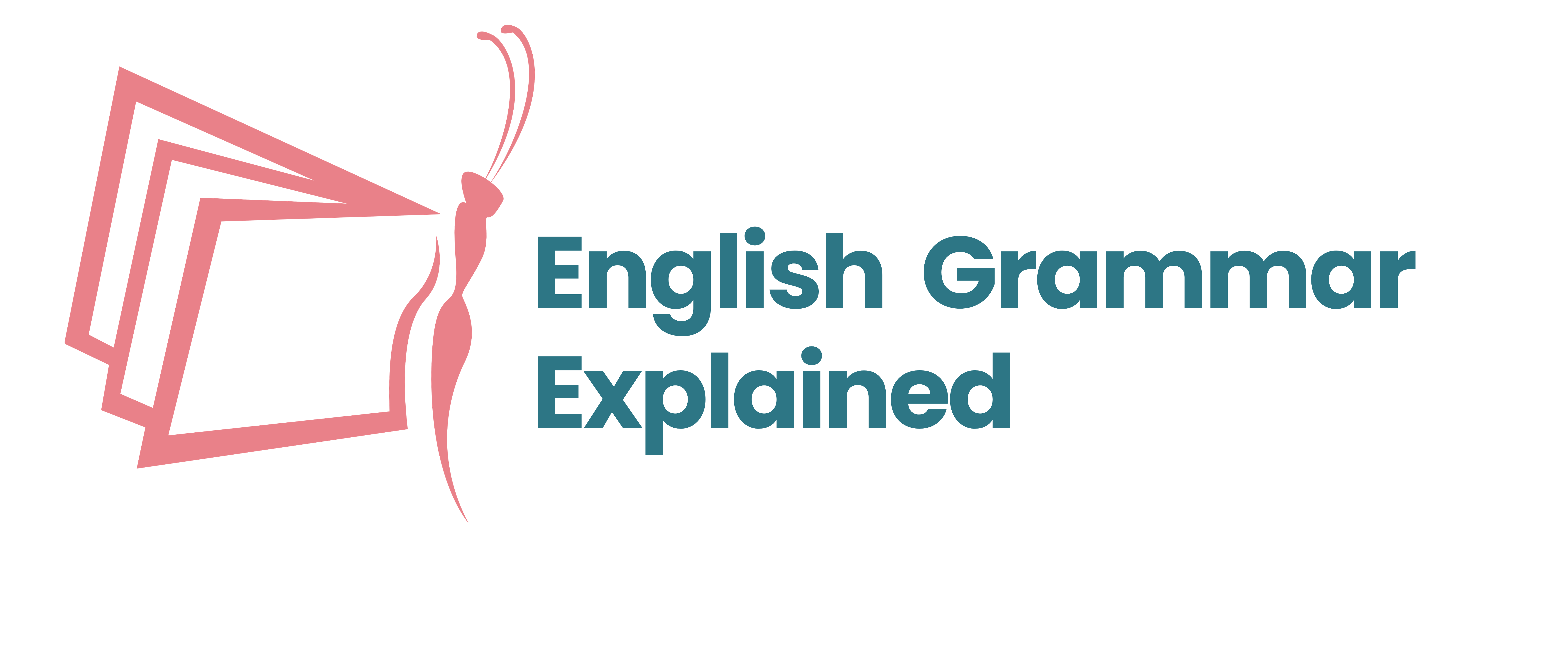10 Common Phrasal Verbs with ‘Get’

Phrasal verbs are an integral part of the English language, adding depth and nuance to everyday communication. One of the most versatile and commonly used verbs with phrasal verbs is “get.” In this comprehensive guide, we will explore various phrasal verbs with “get,” shedding light on their meanings, usage, and examples. Whether you’re a native speaker looking to refine your understanding or a learner striving to enhance your English proficiency, this blog post aims to be a valuable resource.
I. Understanding Phrasal Verbs:
Before delving into the specifics of phrasal verbs with “get,” let’s establish a foundational understanding of what phrasal verbs are. Phrasal verbs are combinations of a main verb and one or more particles (prepositions, adverbs, or both). These combinations often have meanings that differ from the individual words. The particle can change the verb’s meaning, creating idiomatic expressions that may be challenging for non-native speakers to decipher.
II. Phrasal Verbs with “Get”:
- Get across:
- Meaning: To successfully communicate or make someone understand something.
- Example: “I struggled to get my ideas across during the meeting.”
- Get ahead:
- Meaning: To make progress or achieve success in a particular area.
- Example: “She worked hard to get ahead in her career.”
- Get along:
- Meaning: To have a good relationship with someone.
- Example: “Despite their differences, they manage to get along quite well.”
- Get around:
- Meaning: To find a way to overcome an obstacle or problem.
- Example: “We need to figure out how to get around the traffic.”
- Get at:
- Meaning: To imply or suggest something.
- Example: “What are you getting at with that comment?”
- Get by:
- Meaning: To manage or survive with what is available.
- Example: “During tough times, people find ways to get by.”
- Get down to:
- Meaning: To start working on something seriously.
- Example: “It’s time to get down to business and finish this project.”
- Get in:
- Meaning: To enter or be allowed to enter a place.
- Example: “We were lucky to get in despite the long line.”
- Get off:
- Meaning: To leave a vehicle or transport.
- Example: “We’ll get off the bus at the next stop.”
- Get over:
- Meaning: To recover from an illness or emotional setback.
- Example: “It took her a long time to get over the loss of her pet.”
III. Common Challenges and Tips:
Understanding and using phrasal verbs can be challenging, but here are some tips to help you master them:
- Context is Key: Pay attention to the context in which a phrasal verb is used. This often provides clues to its meaning.
- Practice Regularly: Incorporate phrasal verbs into your daily conversations and writing to reinforce your understanding.
- Use Flashcards: Create flashcards with the phrasal verb on one side and its meaning on the other. Regular review can enhance retention.
- Read Widely: Exposure to various contexts in literature, articles, and conversations will expose you to a wide range of phrasal verbs.
Conclusion:
Mastering phrasal verbs with “get” is a valuable step toward fluency in English. By understanding the meanings and practicing their usage, you’ll be better equipped to navigate the nuances of everyday conversations. Remember, language is a dynamic and evolving entity, and continual exposure and practice are key to becoming proficient. So, get started on your journey to mastering these phrasal verbs, and watch your language skills soar!



